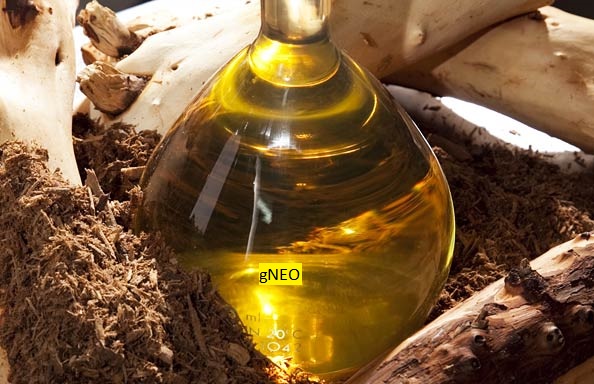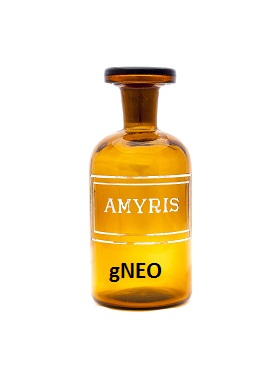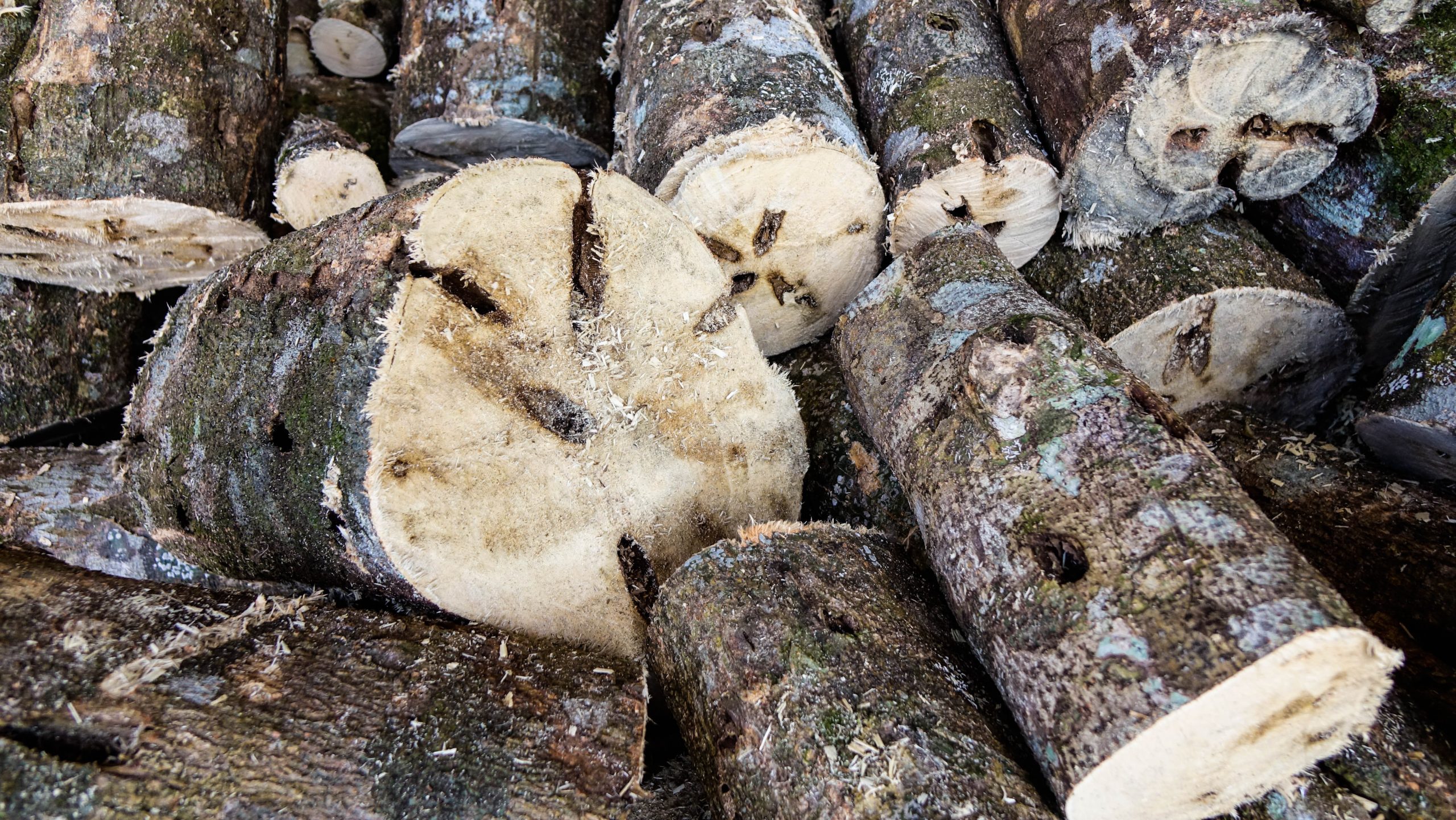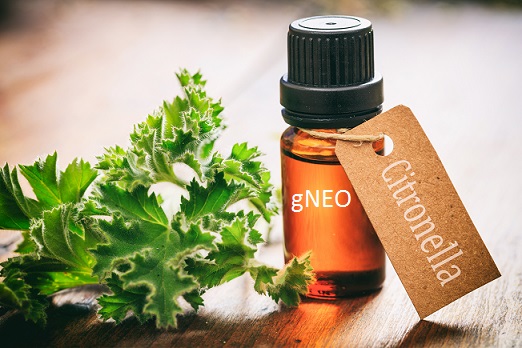Description: Star Anise Essential oil can be attributed for his properties as decongestant, aids in digestion, expectorant, insecticide, sedative, treat respiratory disorder. In India and certain other countries, anise is also used as a mouth freshener. The essential oil of anise is extracted by steam distillation of dried fruits of anise. It is derived from the seeds of the Illicium verum plant, which is commonly known as star anise. This evergreen tree is native to Southwest China and Northeast Vietnam and produces star-shaped fruits that contain the seeds used to extract the essential oil.
Botanical name : Illicium verum hook f.
Plant Part: Seeds
Extraction Method: Steam distilled
Odor and Appearance: It has a color that ranges from pale yellow to light amber.
Country of origin : China
Main Constituents: Anethole, Estragole, Limonene, α-Pinene and β-Pinene, Linalool, Myristicin
Common Uses: Here are some common uses and properties:
Aromatherapy: The warm and comforting scent of star anise essential oil makes it popular in aromatherapy. It is believed to promote relaxation, reduce stress, and create a soothing atmosphere.
Digestive support: Star anise has been traditionally used for its potential digestive benefits. In aromatherapy, inhaling the aroma of this oil may help ease indigestion and bloating.
Respiratory support: It is commonly used in inhalation blends to support respiratory health. It may help ease congestion and promote clear breathing.
Natural insect repellent: The scent of star anise essential oil is believed to repel insects, making it a natural alternative to synthetic insect repellents.
Flavoring agent: It is used as a natural flavoring agent in certain food and beverage products, providing a distinctive licorice-like taste.
Note: Middle note
Blend Well With: It blends well with a variety of other essential oils, allowing for the creation of delightful and complex aromatic combinations. When blending essential oils, it’s essential to consider their individual properties and characteristics to achieve a balanced and harmonious aroma. Here are some essential oils that blend well with star anise essential oil:
- Citrus oils: Star anise complements citrus essential oils like Sweet Orange, Bergamot, and Lemon. The sweet and spicy notes of star anise blend harmoniously with the bright and uplifting aroma of citrus oils.
- Spice oils: Partnering star anise with spice essential oils like Clove, Cinnamon, and Cardamom can create warm and inviting blends with a rich, exotic character.
- Wood oils: It can be combined with wood essential oils like Cedarwood, Sandalwood, and Patchouli, adding depth and grounding to the overall fragrance.
- Floral oils: Blending star anise with floral essential oils such as Rose, Jasmine, or Ylang-Ylang can create intriguing and balanced scents.
- Vanilla: It can be combined to create a sweet and comforting aroma reminiscent of desserts and baked goods.
- Ginger: Combining star anise with Ginger essential oil can result in a spicy and invigorating blend with warm and comforting undertones.
Contraindications: It is considered safe to use. Just like many other essential oils, it is wise to use this oil after dilution with a carrier oil, as it can be sensitive and irritating to the skin. Before you use this essential oil on your skin, it is advisable that you conduct a patch test before making it a routine.
Do not use internally, unless directed by a physician. For pregnant women and nursing mothers, it is safe to consult first with your physician before using this essential oil. Do not use on broken skin or on abrasions.
For large quantities please contact us via our phone number or through the Contact Us page.
Like us on Facebook









Tanja (verified owner) –
Cheryl (verified owner) –
Virginia Shriner (verified owner) –
good price